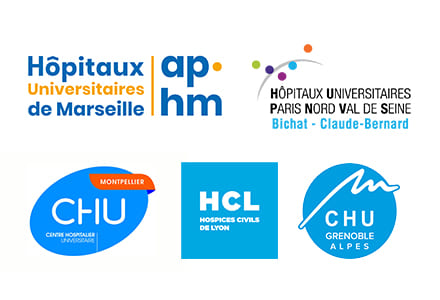
The 5 hospital university partners of the new EGEA follow-up (EGEA4)
who will be in charge of performing the examinations of EGEA4 participants from 2023 onwards. The Biological Resource Center of the Grenoble Alpes University Hospital will be in charge of storing all the biological samples of the EGEA4 follow-up.
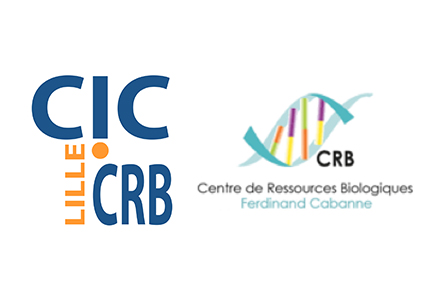
Biological Resource Center in Lille and Dijon, France
who are storing the biological samples collected at EGEA1 and EGEA2.
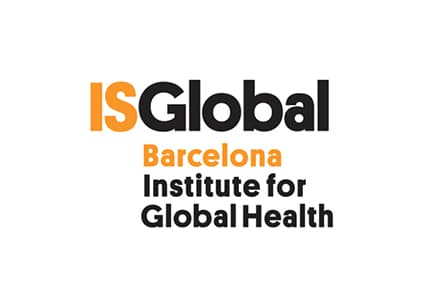
IsGLOBAL, Barcelona, Spain
IsGlobal is a large health research centre located in Barcelona (Spain). The scientific team of the EGEA cohort has been collaborating for many years with the environmental and respiratory epidemiology teams of this international research centre.

Department of Biosystems Science and Engineering, ETH Zurich, Bâle, Switzland
contributes to gene network analyses of asthma omics and associated phenotypes (MLFPM Consortium: https://mlfpm.eu/).
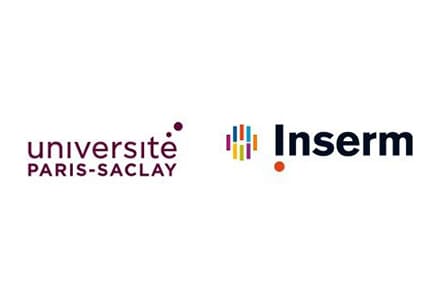
Inserm Team UMR-996
performed bioassays (assessment of exposure to quaternary ammonium salts).
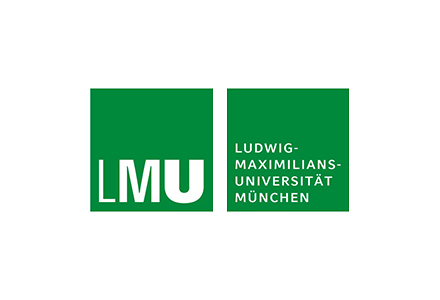
The German Cebter for Lung Research at Children Hospital in Munich, Germany
participates in the research of genetic factors involved in the development of asthma and allergic diseases.
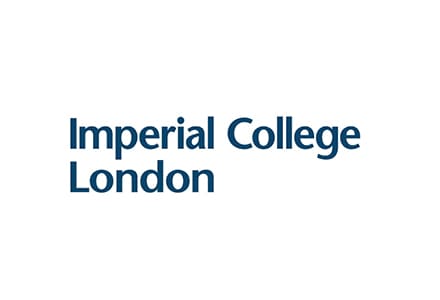
National Heart and Lung Institute,Imperial Collège of London, UK
participates in the research of genetic factors involved in the development of asthma and allergic diseases.
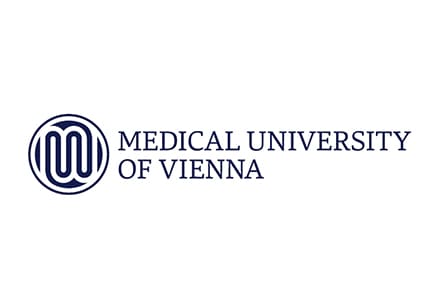
Medical University of Vienna, Austria
The scientific team of the EGEA cohort has been collaborating for several years with the Department of Pathophysiology and Allergy Research of the University of Vienna, which has developed innovative techniques to measure antibodies (immune response) to allergens (Immunoglobulin E) and respiratory viruses (Immunoglobulin G).
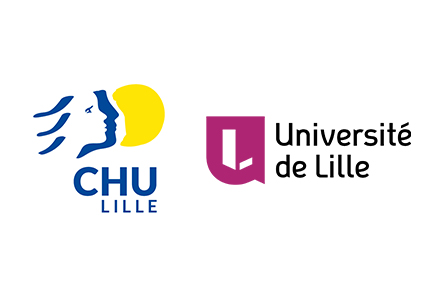
University of Lille, Hospital University of Lille and Institut Pasteur Lille
The EGEA scientific team has a long-standing collaboration with the team "Impact of the chemical environment on health" (ULR4483, IMPECS) of the University of Lille for the development of biological assays. Many bioassays have been performed by this team.
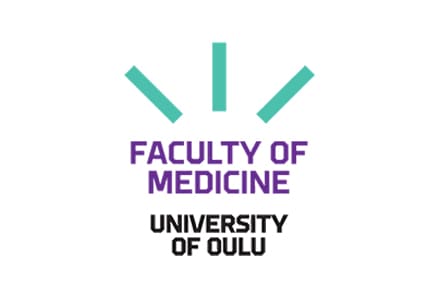
Faculty of Medicine, University ofOulu, Oulu, Finland
with whom the EGEA scientific team collaborates on the impact of mould exposure on respiratory health.

Medicine University of Sichuan, Chengdu, Chine
participates in the development of nutrition projects.
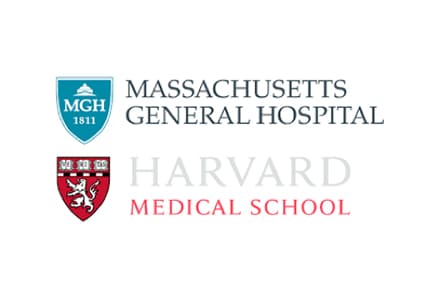
Harvard Medical School, Department of Epidemiology
participates in the development of projects on nutrition.
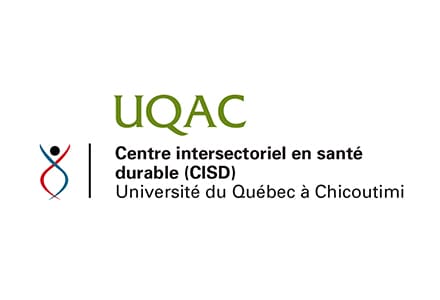
Quebec University, Chicoutimi, Department of fondamental sciences, Intersectoral Centre for Sustainable Health), Saguenay, Canada
is involved in the research of genetic and epigenetic factors involved in the development of asthma and allergic diseases.

University of Bristol, Integrative Epidemiology Unit, UK
participates in the research of genetic factors involved in the development of asthma and allergic diseases.
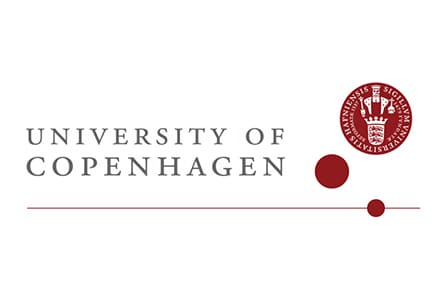
University of Copenhaguen, Faculty of Health Sciences - Helev and Gentofte Hospital
participates in the research of genetic factors involved in the development of asthma and allergic diseases.
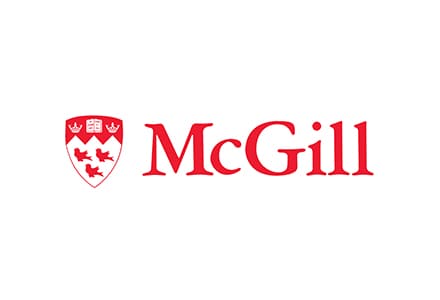
McGill University, McGill Genomic Center, Department of Human genetic, Montreal, Canada
is involved in the research of genetic, epigenetic and metabolomic factors involved in the development of asthma and allergic diseases.
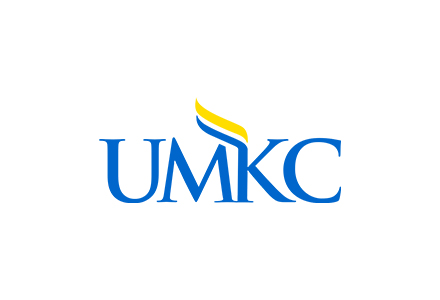
University of Missouri Kansas City, Genomic Medicine Center, Children's Mercy Research Institute, Kansas City, United-States
participates in the research of epigenetic factors of asthma and allergic diseases.
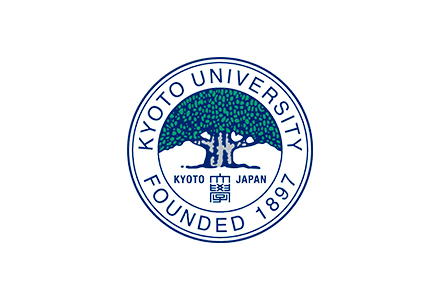
University of Kyoto, Genomic Medicine Center, École Supérieure de Médecine, Kyoto, Japon
contributes to metabolomics studies for asthma and allergic diseases.

In the context of genetic and epigenetic studies, the team collaborates with the following studies/cohorts:
- SLSJ (Saguenay-Lac-Saint-Jean),
- ALSPAC (Avon Longitudinal Study of Parents and Children),
- GABRIELA (GABRIEL Advanced surveys),
- MRCA/MRCE (Medical Research Council asthma / eczema),
- COPSAC (The Copenhagen Prospective Study on Asthma in Childhood).

The EGEA scientific team has been collaborating for many years with the European cohort ECRHS (https://www.ecrhs.org) and more recently with the national cohorts Constances (https://www.constances.fr), and Nutrinet Santé (https://etude-nutrinet-sante.fr)



















